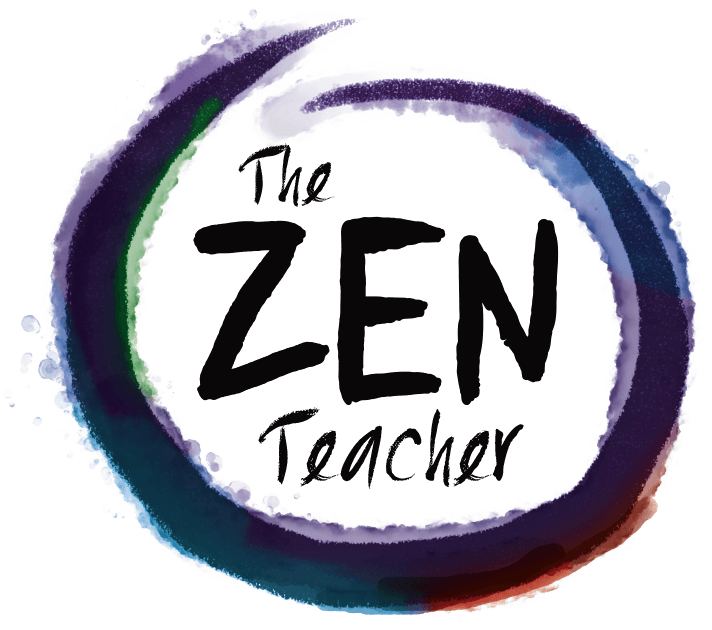During a recent assignment, students read a non-fiction article and then wrote an essay. David once again sat at his desk, staring at his blank paper. Like other times, he asked if he could go into a nearby empty room to focus. Like other times, I said yes. After he left, I continued helping the rest of the class.
Before long, David returned, wringing his hands and furrowing his eyebrows. “Do you mind if I write it on the white board?” he asked, then spread his arms wide. “The space helps me. I think I can get my ideas down better. Look, I’ll show you.” And then David took me in to the other room. In tiny letters, he had begun to write his essay on the board, while the rest of his papers were spread out on a nearby desk.
I could have said no. I could have said the final draft must be typed. I could have said it’s not fair to the other students. I could have said life doesn’t work that way and you’d better learn to adapt. But I didn’t. By detaching from my original expectations and accepting that this would work for David, I was going to see some of David’s writing. If I accepted, David might feel a little bit understood. If I detached, I might see more of what David had to say. If I was the one to adapt, not David, I just might get the tiniest glimpse into his process and his thoughts.
“Of course you can,” I said. “I’ll just use my phone to take a picture of it and I’ll grade it that way.”
David smiled and nodded.
When I left, David was standing in front of the white board taking inspiration from the space around him, and using the red marker to write in a script that while distinctive, I saw all too infrequently.
As I stood there, I thought of watching Russell Crowe standing in front of the chalkboard scribbling formulas in A Beautiful Mind.
Because Crowe’s character had one, too.
A beautiful mind, I mean. TZT
